Yes; quaint and curious war is! You shoot a fellow down you'd treat if met where any bar is, or help to half a crown
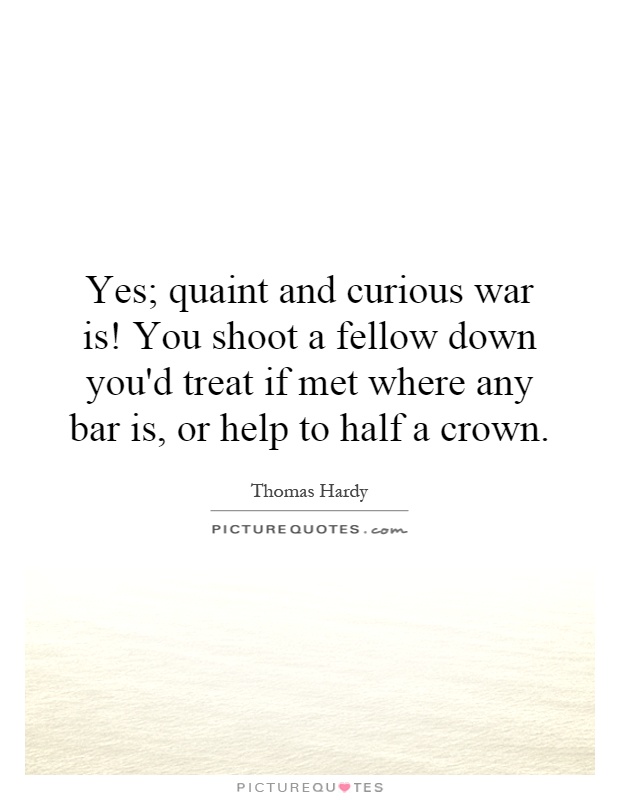
Yes; quaint and curious war is! You shoot a fellow down you'd treat if met where any bar is, or help to half a crown
Thomas Hardy, a renowned English novelist and poet, often explored the complexities of human nature and the harsh realities of life in his works. In his poem "The Man He Killed," Hardy delves into the paradoxical nature of war and the senselessness of violence. The line "Yes; quaint and curious war is! You shoot a fellow down you'd treat if met where any bar is, or help to half a crown" encapsulates the irony and absurdity of war, where individuals are forced to kill each other despite having no personal animosity towards one another.Hardy's use of the word "quaint" to describe war is particularly striking, as it suggests a sense of strangeness or peculiarity. War, with its brutality and destruction, is indeed a strange and curious phenomenon that defies logic and reason. The speaker in the poem reflects on the absurdity of killing a man who could have been a friend or acquaintance in different circumstances. The idea that a person would willingly take another's life in the context of war, but would offer assistance or friendship in a different setting, highlights the arbitrary nature of violence and the dehumanizing effects of conflict.
The poem also touches on the dehumanization that occurs in war, as individuals are reduced to mere targets or enemies to be eliminated. The act of killing becomes a mechanical and impersonal action, devoid of empathy or compassion. The speaker grapples with the moral ambiguity of war, questioning the senselessness of taking a life for the sake of a cause or ideology.
Overall, Hardy's exploration of war in "The Man He Killed" serves as a poignant reminder of the futility and tragedy of armed conflict. The line "Yes; quaint and curious war is!" encapsulates the paradoxical nature of war, where individuals are forced to commit acts of violence against their fellow human beings in the name of duty or patriotism. Hardy's powerful and thought-provoking poem challenges readers to confront the harsh realities of war and consider the devastating consequences of violence and aggression.

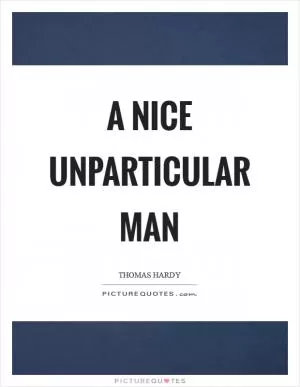

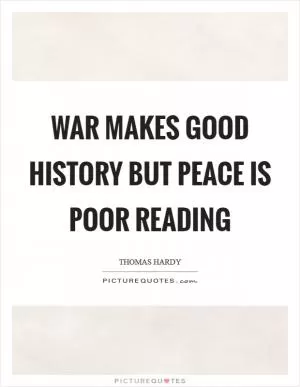

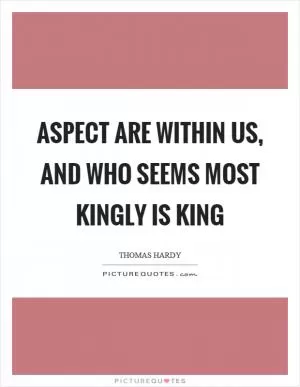

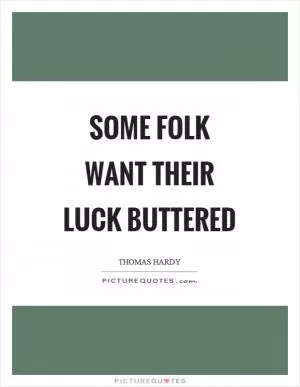
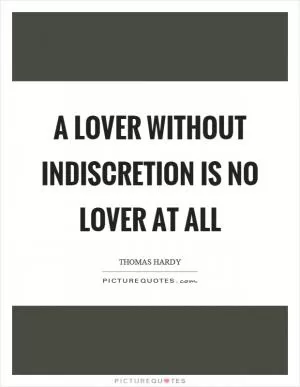



 Friendship Quotes
Friendship Quotes Love Quotes
Love Quotes Life Quotes
Life Quotes Funny Quotes
Funny Quotes Motivational Quotes
Motivational Quotes Inspirational Quotes
Inspirational Quotes